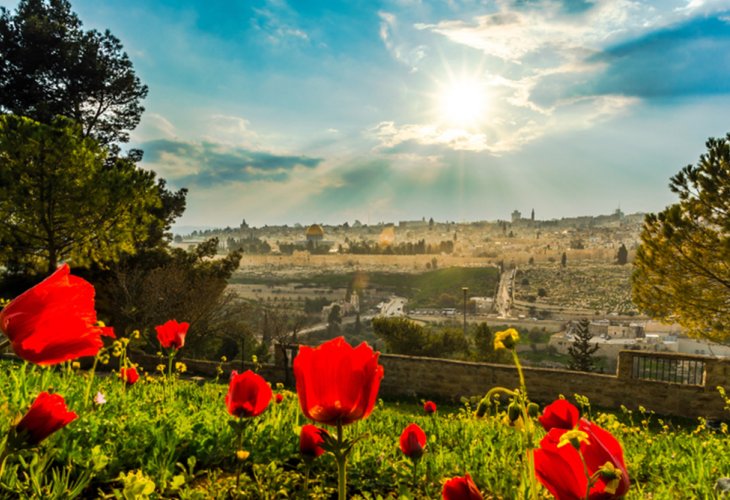Facts in Judaism
Jewish Records: How Did Jerusalem Become the First Clean City in the World?
Today, cleanliness in cities is taken for granted, but in the past, there were no laws prohibiting people from dumping waste and garbage. The Sages fixed this 2,000 years ago
 (Photo: shutterstock)
(Photo: shutterstock)We all know that garbage dumps can cause infection and diseases. For this reason, well-maintained cities around the world have designated areas for disposing of garbage and waste.
During the Temple period, the Sages were concerned that heaps of garbage would attract impure creeping creatures that could potentially defile the pilgrims who came to Jerusalem and interfere with the Temple service. Accordingly, dumping waste and garbage on the city streets was prohibited.
At the same time, the Sages also prohibited planting gardens and orchards on city streets so garden waste would not disturb visitors to the Temple.

